The impact of
Global Fund
investment in
fighting malaria
16 September 2022
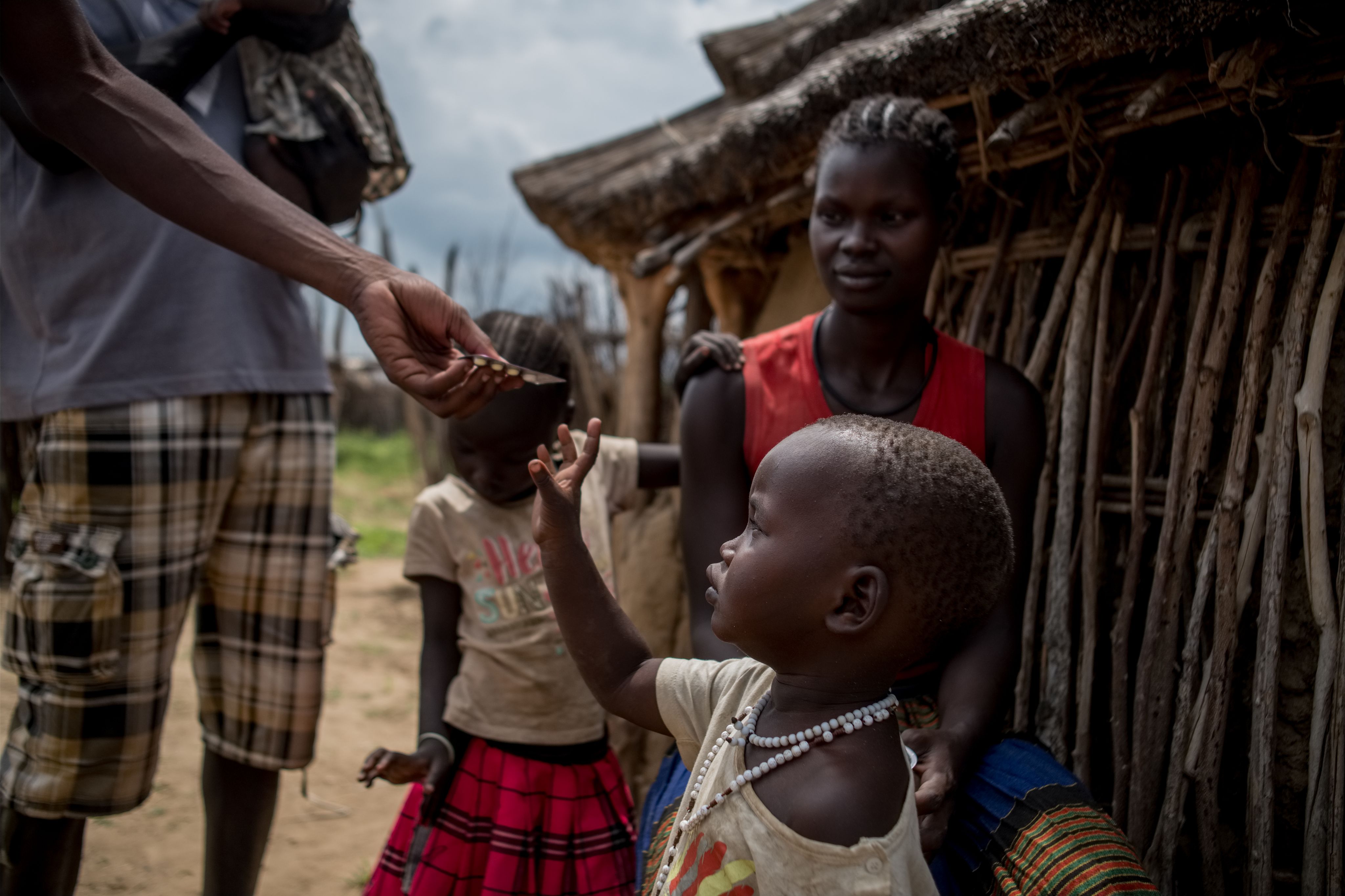
The Global Fund to Fight AIDS, Tuberculosis and Malaria (Global Fund) is a critical financing mechanism that has invested more than US$55 billion over the last 20 years to fund health programmes in countries with the highest burden of HIV, TB and malaria, and the lowest economic capacity to tackle these diseases.
Most of the Global Fund’s financing comes from public resources – national governments of more than 80 countries who have made or have pledged contributions. Recipient countries are able to develop proposals for how Global Fund support can be used over the grant cycle, allowing grants to be strongly aligned to each country’s needs and priorities. This financing mechanism is unique in its scale, geographic reach and its potential to tackle inequities, providing access to services for those who may be biologically vulnerable, marginalised or living in remote locations. The long-term (three-year) grant cycle also brings longer-term predictability to financing, helping to establish equity in access to health services through well-functioning, resilient and sustainable systems.
As we approach the Global Fund’s seventh replenishment – with the aim to raise at least US$18 billion for the 2023-25 cycle and ambitions to cut malaria deaths by 64 percent – we take a look at the impact the Global Fund has had on fighting malaria across Africa and Asia, and the critical next steps needed to meet the Global Technical Strategy for Malaria (2016-2030) target of reducing malaria case incidence and mortality by 75 percent by 2025.
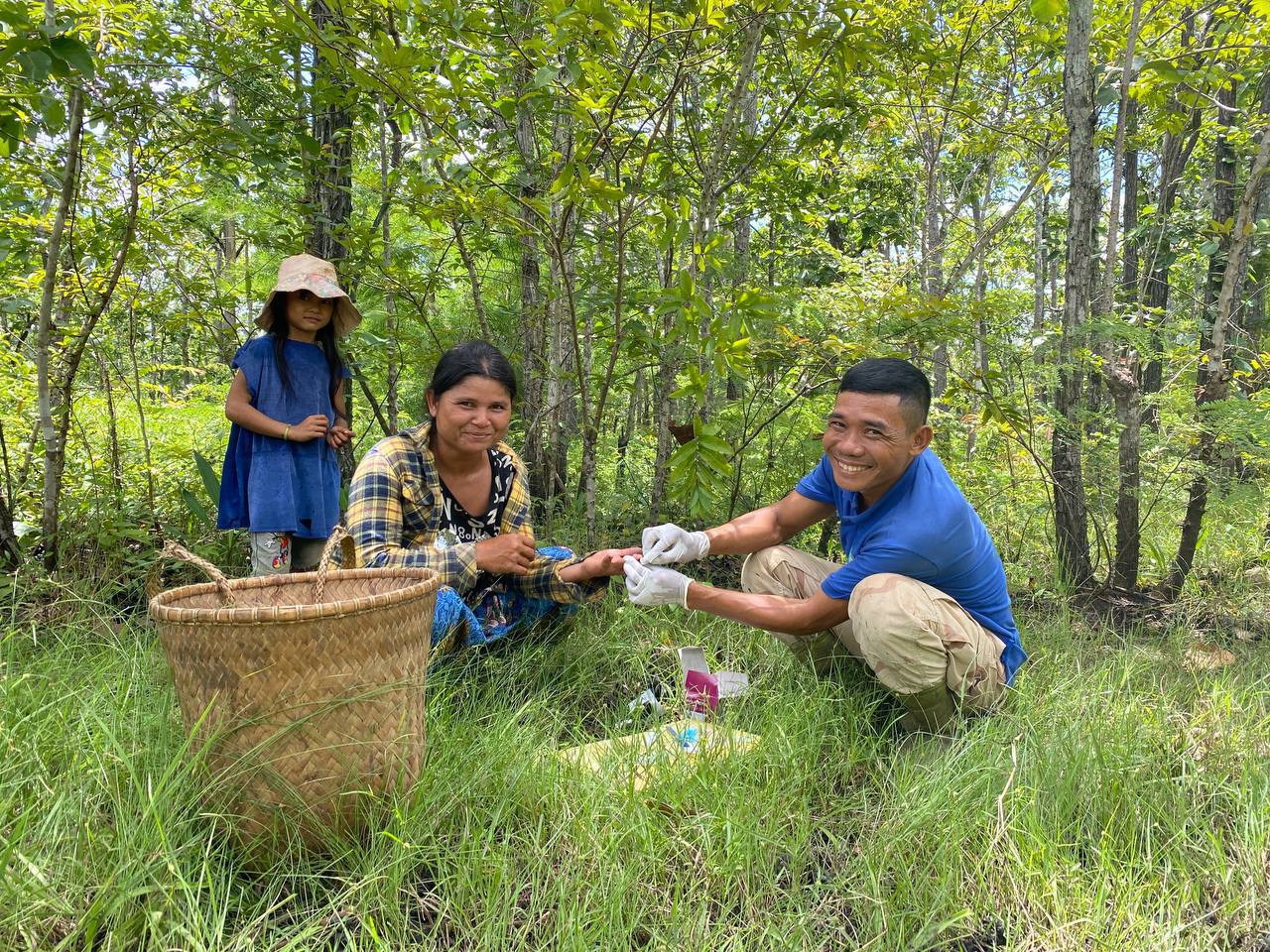
Investment in fighting malaria
Global Fund has coordinated long-term, malaria-related investment to develop, deliver and scale-up a range of high-impact interventions to combat this disease in endemic countries. These include measures to improve malaria case management, strengthen health systems and national governance and deliver mass campaigns such as net distribution and chemoprevention (such as intermittent preventive treatment in pregnancy and seasonal malaria chemoprevention) and malaria testing, as well as routine service delivery. As these comprehensive support packages are sustained over long periods, consistency can be maintained. Since as far back as 1937, it has been well understood that in malaria control, “persistence is more important than perfection” (Malaria in Europe, an ecological study).
The Global Fund’s emphasis on strengthening health systems is also a critical feature of this unique financing mechanism that enables its programmes to improve equity in access to health services. Today, we see many Global Fund recipient countries shifting towards a malaria elimination agenda, in which ensuring access to health services for the most vulnerable and hard-to-reach populations is essential for programme success.
Progress to date
Since 2002, significant progress has been made in fighting malaria: it is estimated that a 70 percent increase in malaria cases has been avoided because of Global Fund-financed malaria control interventions. However, almost two decades later, the global burden of malaria cases still stands at 241 million. The need to get back on track in fight against malaria is clear.
Continued investment in research and development for drugs, vaccines, basic research and product development is needed to stay ahead of insecticide and drug resistance and enable countries to accelerate their progress along the path to elimination.
Malaria Consortium conducts high-quality implementation and operations research to provide evidence on country specific, as well as globally significant, innovative approaches and best practice to malaria control and elimination. We use this evidence-base to implement Global Fund-supported and secure more funding to introduce and scale up proven interventions to achieve maximum health impact in the settings where we work and in partnership with governments.
Asia
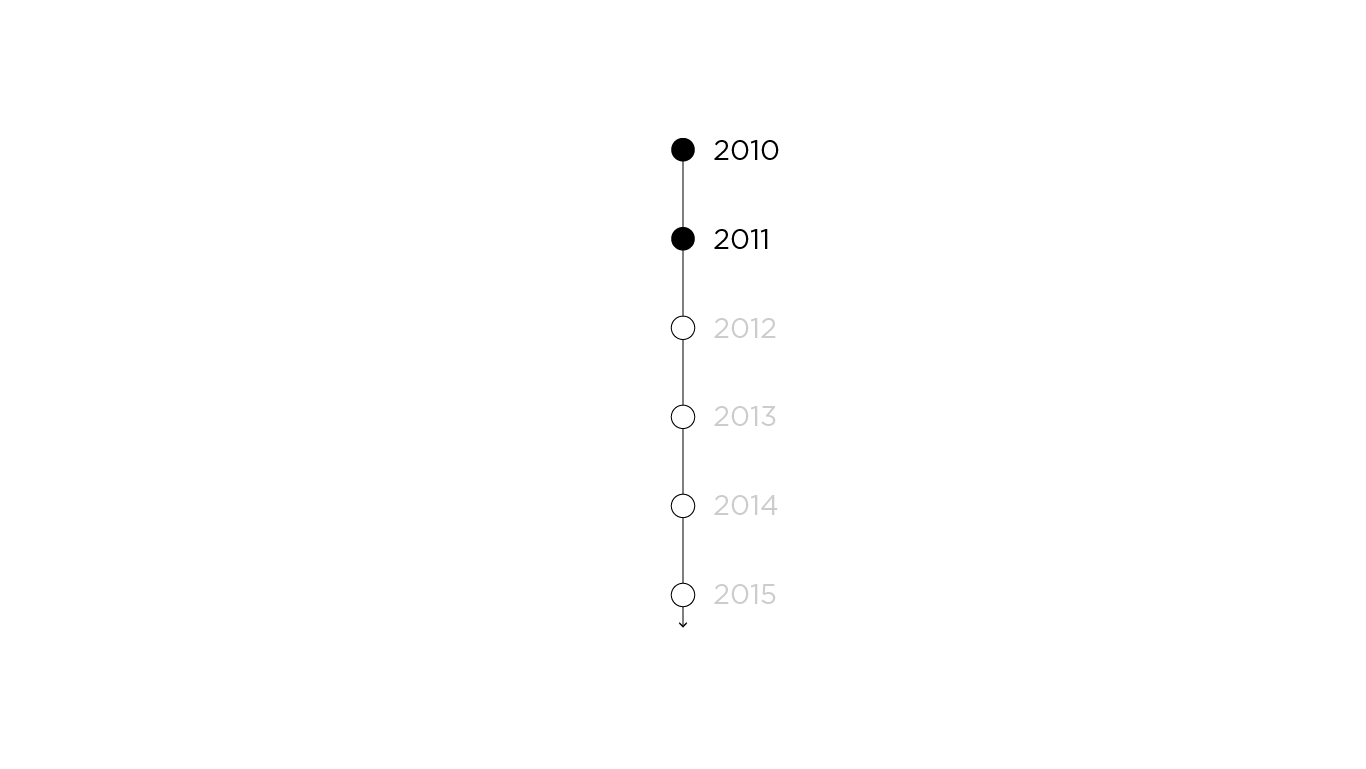
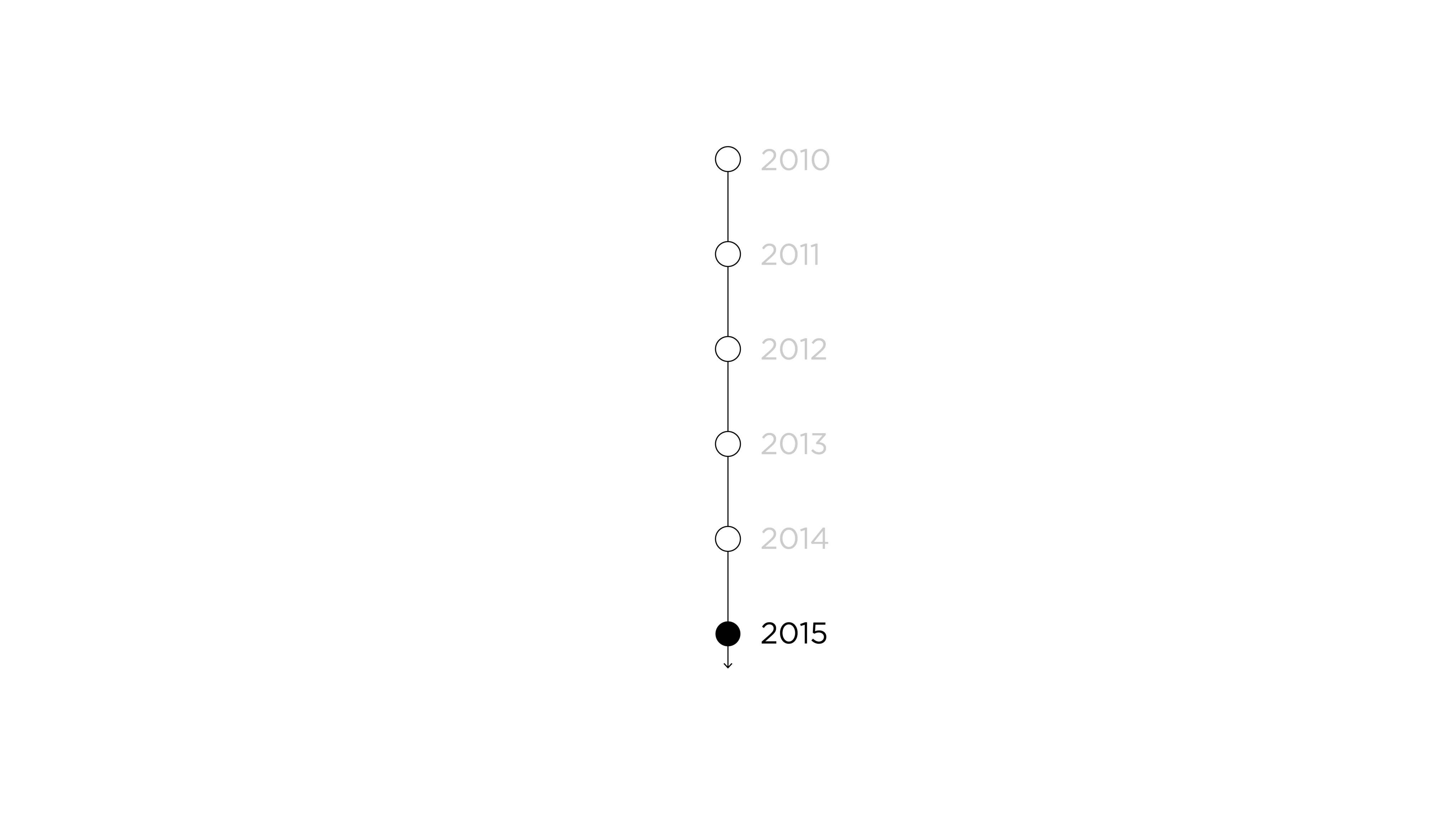
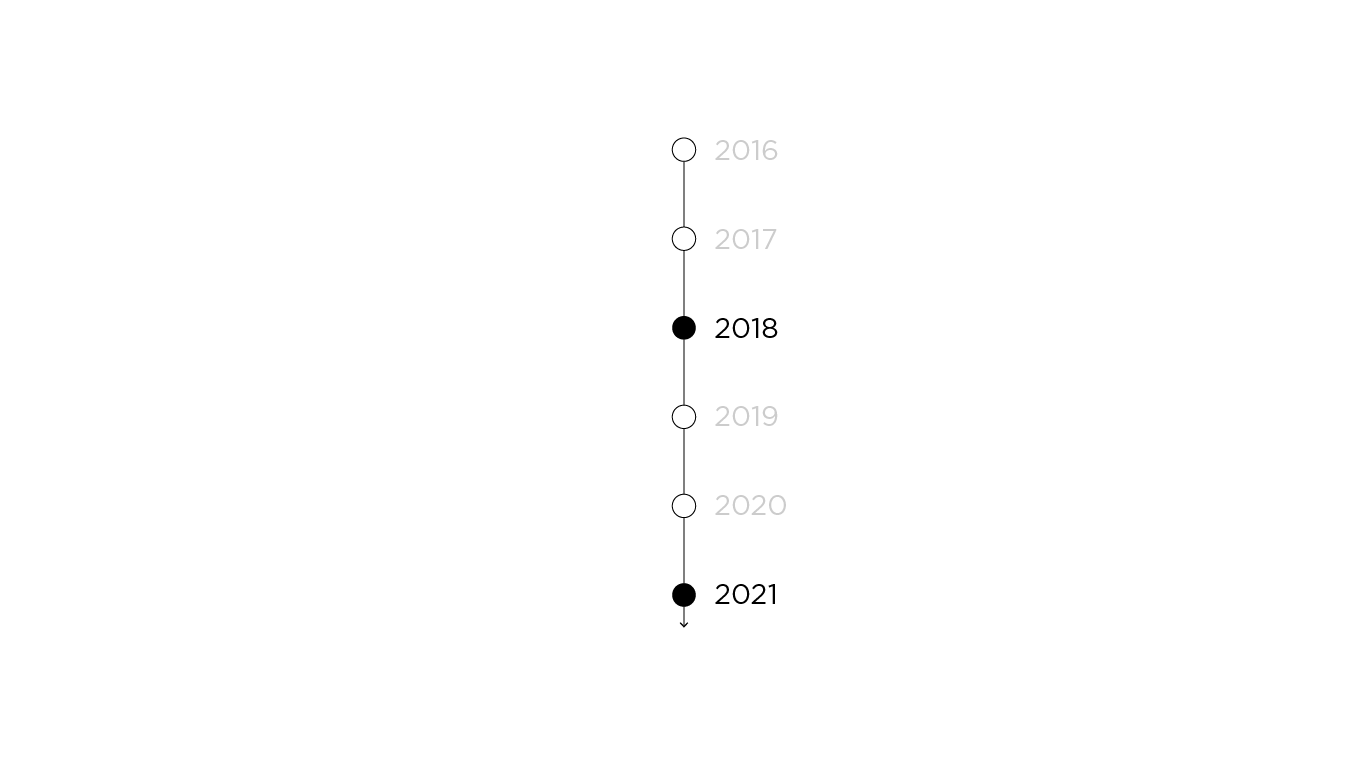
2010: The Containment Project – Cambodia
2011: The Containment Project – Thailand
In Asia, regional Global Fund Grants have been instrumental in stemming the rising tide of emerging issues including drug resistant malaria, which first emerged along the Thai-Cambodian border in the early 2000s. This is particularly advantageous for countries with common problems as it enables them to share lessons across borders and working together on solutions.
With support from a Global Fund grant targeting this emerging issue, Malaria Consortium worked with partners on a coordinated response to contain and work towards eliminating artemisinin resistant malaria parasites through the Containment Project in Cambodia and Thailand.
This project helped to protect those most at risk of malaria infection – including remote border communities and mobile and migrant populations moving within and between countries – and move these countries from a containment agenda to an elimination agenda, aiming to eliminate falciparum malaria by 2030.
2015: The Cross-Border Project – Cambodia & Thailand (RAI CC)
In 2015, another regional grant was awarded by the Global Fund, targeting a new emerging issue in Cambodia and Thailand: Artemisinin-resistance detected along the Thai-Cambodian border.
Malaria Consortium’s cross-border surveillance concept, developed in 2014, was adopted by the three-year Cross-Border Project, which focused on identifying malaria transmission hotspots at border points – funded by Global Fund’s Regional Artemisinin-resistance Initiative (RAI) initiative.
The forest-based interventions delivered under RAI proved to be effective in reducing malaria transmission in areas that were previously hotspots.
2018: Mobile malaria services for hard-to-reach communities – northeast Cambodia (RAI2E CNM), Building capacity for malaria elimination – southern Cambodia (RAI2E PSI), Evaluation of coverage of malaria prevention methods among mobile migrant populations – Thailand (RAI2E PSI)
2021: Expanding mobile malaria services to hard-to-reach communities – Cambodia (RAI3E UNOPS)
Global Fund’s RAI initiative continued in three cycles, helping to maintain gains and consistency.
In its second phase – RAI2-Elimination (RAI2E) – Malaria Consortium had the opportunity to work with the Cambodian National Malaria Control Programme (CNM) to accelerate malaria elimination by training mobile malaria workers in early detection and safe treatment of malaria, strengthening malaria case management and surveillance capacity. This interrupted transmission in endemic locations with the highest risk.
With the third phase – RAI3-Elimination (RAI3E) – Malaria Consortium is currently working with Population Services International (PSI), continuing to expand mobile malaria services to hard-to-reach communities to accelerate the elimination of Plasmodium falciparum malaria by 2023 and Plasmodium vivax malaria by 2025.
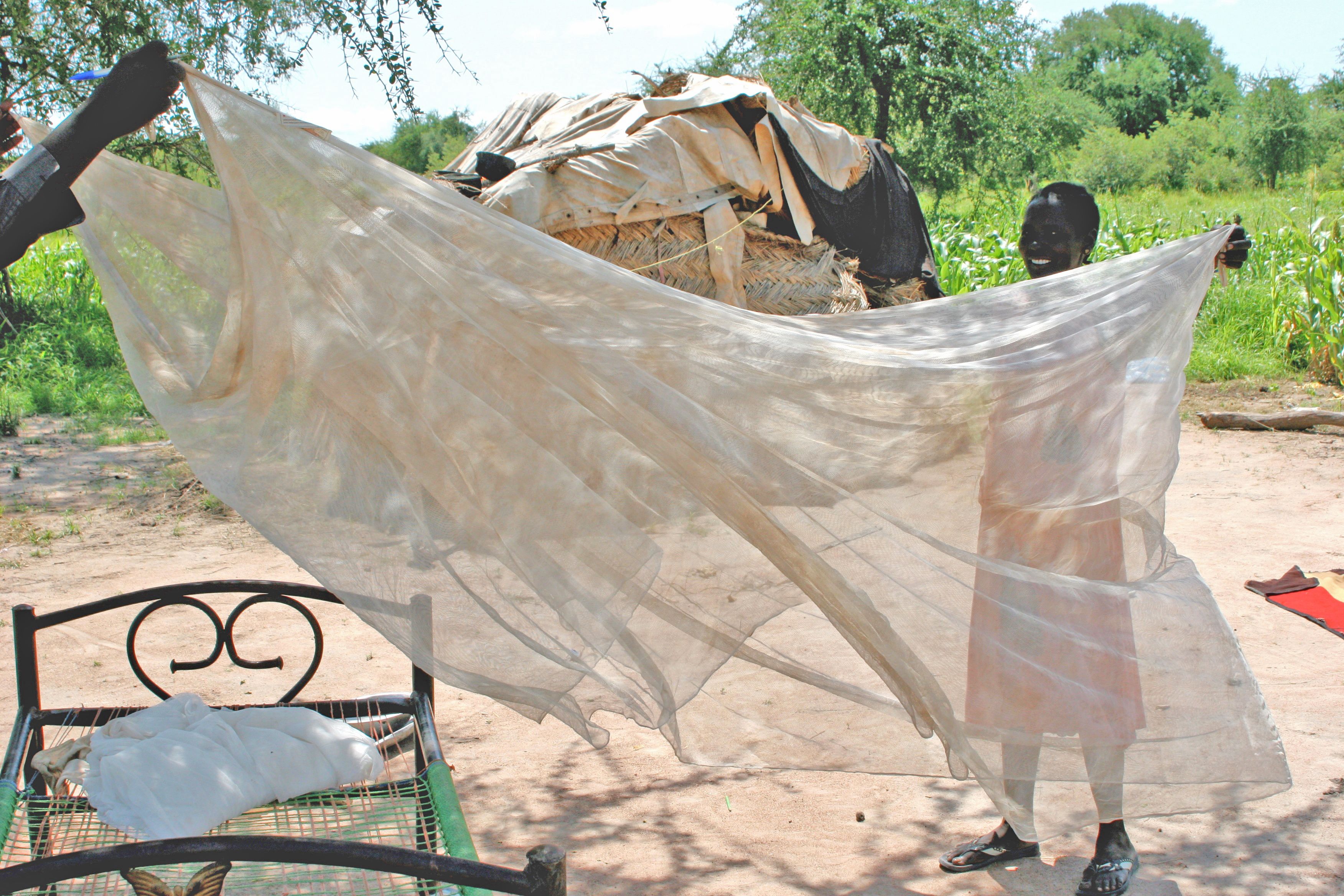
Africa
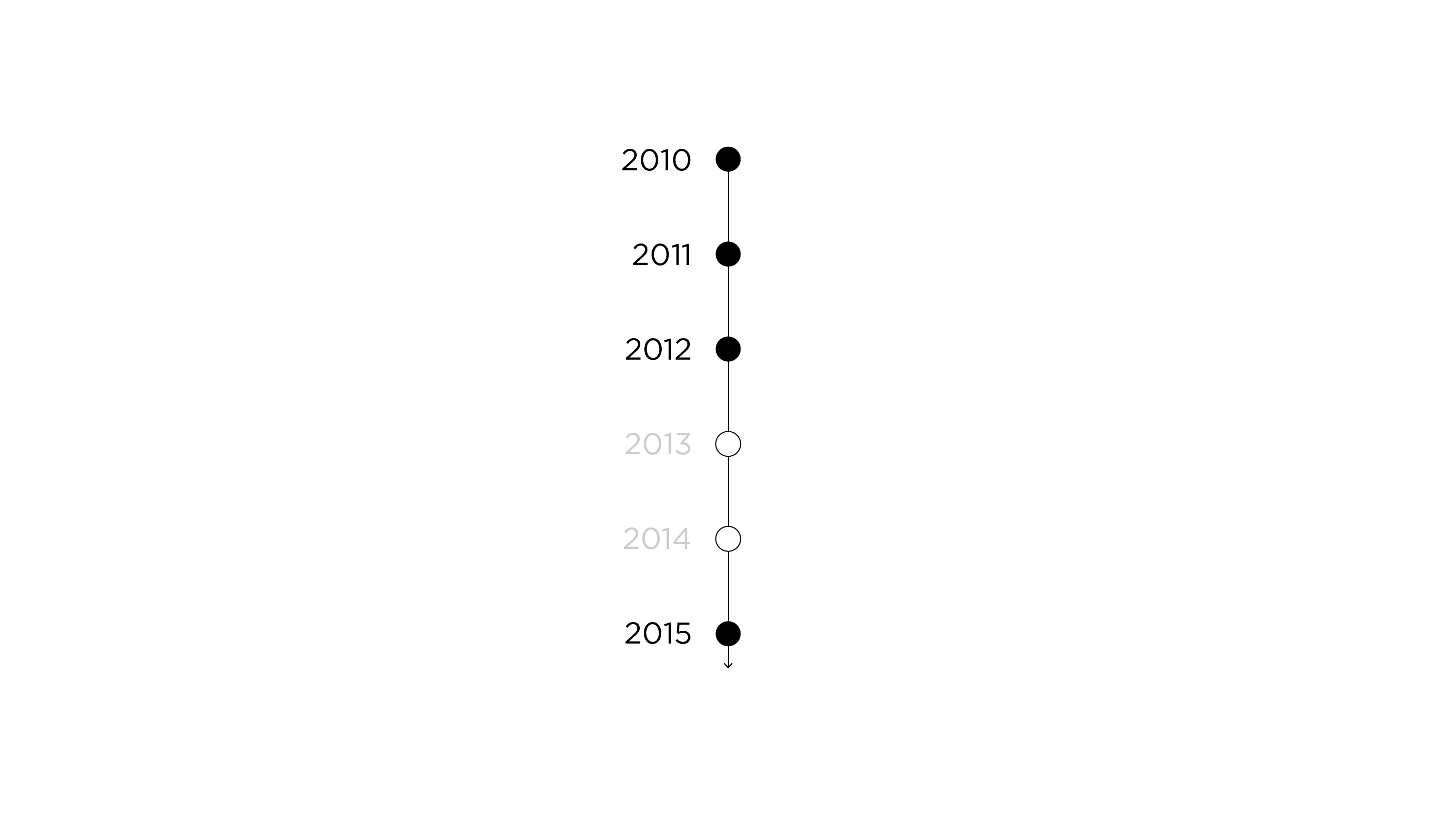
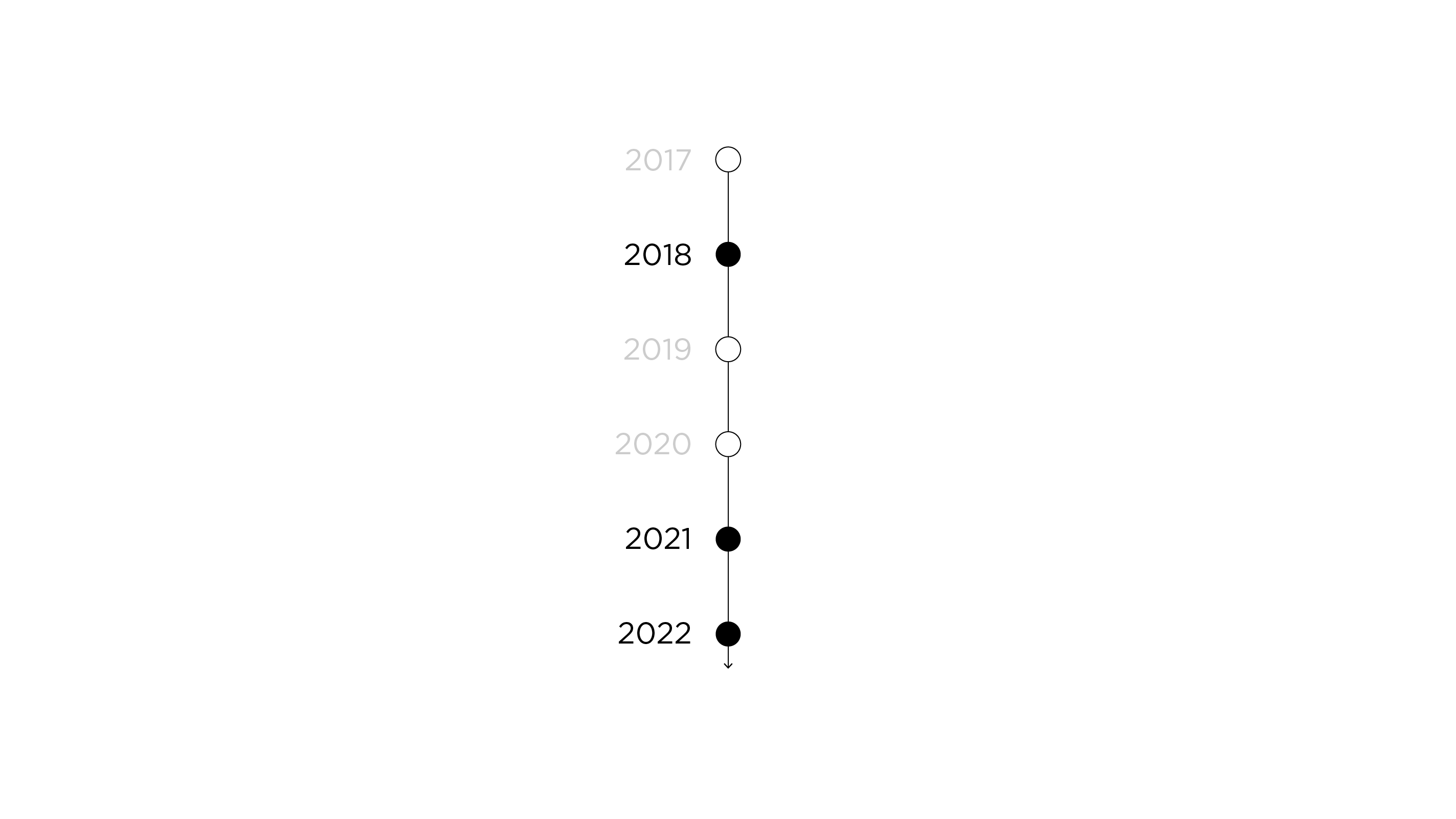
2010: LLIN campaign targeting women and children under five in Uganda
2011: Malaria prevention and control in Mozambique
2012: Consolidating gains and scaling up malaria interventions in South Sudan, 1st universal coverage for LLINs in Uganda
2015: Scaling up for universal coverage and impact in South Sudan
In Africa, a series of high-impact malaria interventions have been distributed and scaled across wide geographic areas with coordinated investment from the Global Fund.
Through Global Fund-supported projects in Mozambique, Uganda and South Sudan, Malaria Consortium has worked to improve access to preventive interventions such as communication material used for training health workers. The coverage of long-lasting insecticidal nets (LLINS) was also extended – through these projects, we worked with partners to procure and distribute nets to millions of households, offering protection from malaria infection.
2015: Integrated community case management in Nigeria (NFM)
In Nigeria, with funding from the Global Fund’s New Funding Model (NFM) in 2015, the Integrated Community Case Management (iCCM) project helped to reduce malaria, pneumonia and diarrhoea-related mortality among children between 2-59 months and increased access to life-saving treatment for marginalised, hard-to-reach communities in Kebbi and Niger states.
2018: Scaling up for universal coverage and impact in South Sudan, 2nd universal coverage for LLINs in Uganda
2021: Supporting Uganda’s malaria reduction and elimination strategy (SUMRES), Reducing the malaria burden in Nigeria (NFM3)
2022: Seasonal malaria chemoprevention in Nigeria and Togo
Global Fund’s New Funding Model was extended to a second (NFM2) and third (NFM3) phase.
Through the third phase, Malaria Consortium had the opportunity to work closely with the Nigerian Government to deliver the Reducing the Malaria Burden project, aiming to reduce the malaria burden to pre-elimination levels by 2025 in 13 highly populous malaria-endemic states at the health facility level. Interventions included iCCM, LLIN distribution and seasonal malaria chemoprevention (SMC) campaigns. SMC in Nigeria targeted 7.7 million children across four states. In Togo, SMC was distributed across 12 districts.
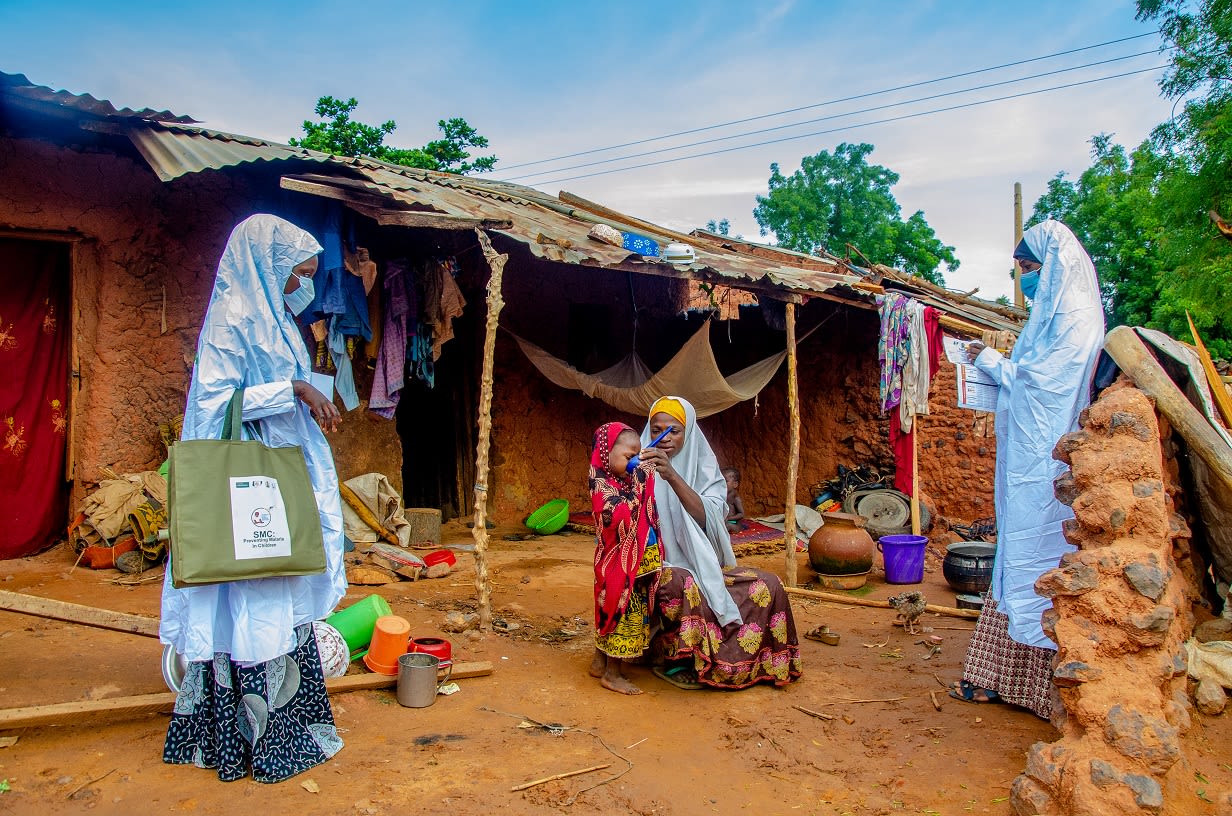
Maintaining Global Fund investment to overcome today’s challenges
Today, the world grapples with multiple new and complex threats to global health – from climate variability to new pandemics, increased conflict and heightened risks for the most vulnerable. As these threats emerge across a wider geographic region than ever before, the need for immediate action to combat the spread of malaria in areas of high and increasing transmission has never been greater. Securing at least US$18 billion for the upcoming replenishment is essential if we are to make meaningful reductions in malaria cases and deaths.
The Global Fund’s commitment to ‘better define its own role within the context of universal health coverage, better address cross-cutting issues such as human rights, gender equality and climate change and strengthen its ability to be a learning organisation and share knowledge generated with all stakeholders’ is a positive step and will add further value. Further work to capitalise on the wealth of available data with learnings, best practices and successes more easily shared and used in a timely way to inform national and regional decisions of malaria endemic countries will be a huge asset to the global health community.
Twenty years on from its creation, the Global Fund has helped to save an estimated 44 million lives and the combined death rate from the three diseases has reduced by more than half in the countries in which the Global Fund invests. The 7th replenishment offers an opportunity to ensure we continue to reduce the burden of malaria, alongside other infectious diseases and help endemic countries build resilience against future health threats.
The increasing number of countries adopting the goal of malaria elimination is cause for hope. With Global Fund support this year and beyond, we will continue to work with our partners to scale up interventions and enhance data systems across malaria endemic countries to ensure equitable access to essential health services for all.